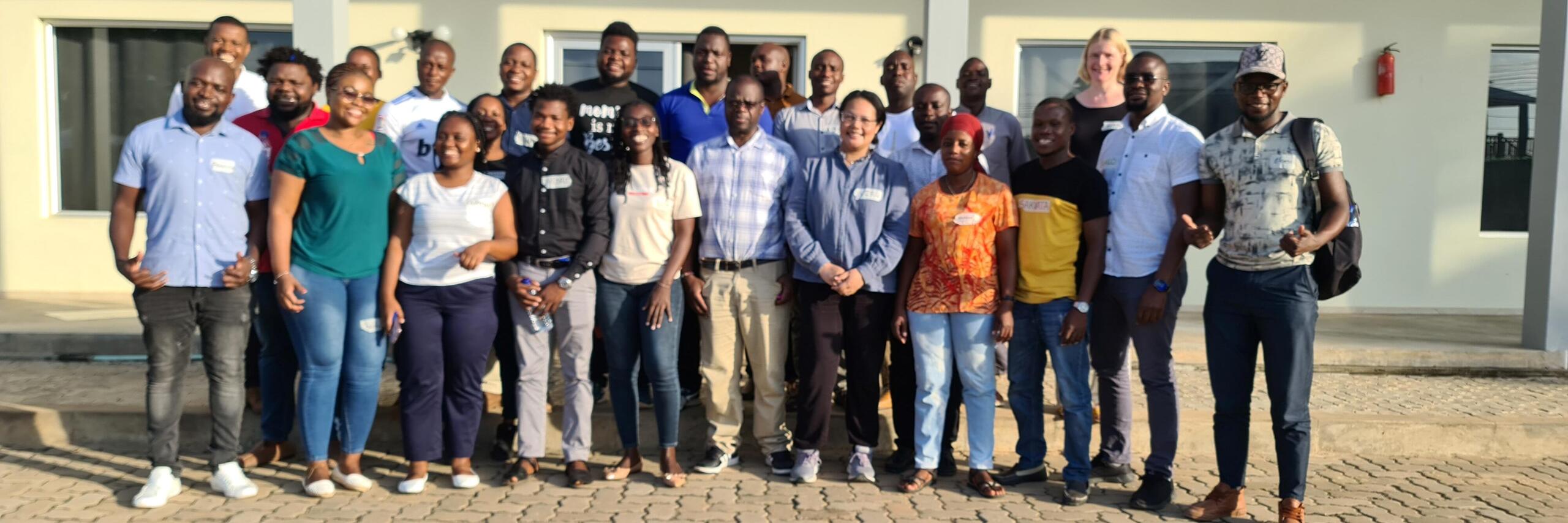Comprehensive measures to keep people safe
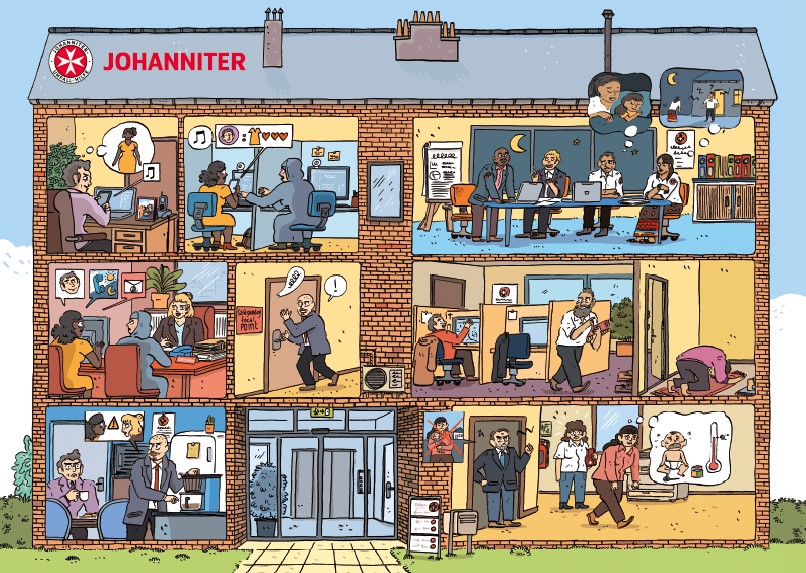
The term "Safeguarding" means that Johanniter International Assistance is committed to protecting the physical and mental well-being of all people who come into contact with its work. These are the employees of Johanniter in the country offices and in Berlin as well as of partner organizations worldwide and all people in our projects. Johanniter thus implements international standards and even goes beyond them.
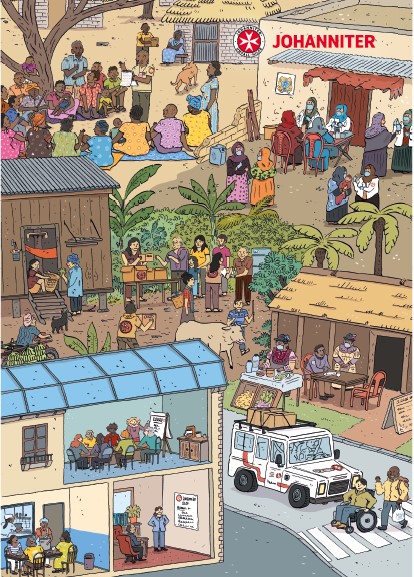
"In 2022, we made great progress on the topic of safeguarding in our organization," says Claudia Zehl, Safeguarding Advisor at Johanniter International Assistance. The Safeguarding Team drew up binding internal guidelines on the topic. The revised Johanniter Code of Conduct, which each and every employee undertakes to adhere to, serves as the basis. On eleven pages, employees pledge to adhere to overarching principles of conduct such as sensitivity to the local culture of a country, respectful and dignified treatment of people and the conscious use of power and hierarchies. The health, safety and protection of everyone involved should have priority at all times when working on projects.
The Code is supplemented and substantiated by the guideline on the prevention of sexual exploitation, abuse and harassment. This pays particular attention to this topic. "Johanniter International Assistance pursues a zero-tolerance approach," the document states. There are also rules to ensure the protection of children and young people who are particularly at risk due to their dependency. The Safeguarding Guidelines for Children and Young People describe both the expectations and the requirements for our employees and partners to protect children and young people from psychological and physical harm. Children and young people must be enabled to actively participate and their welfare must be paramount in all decisions.
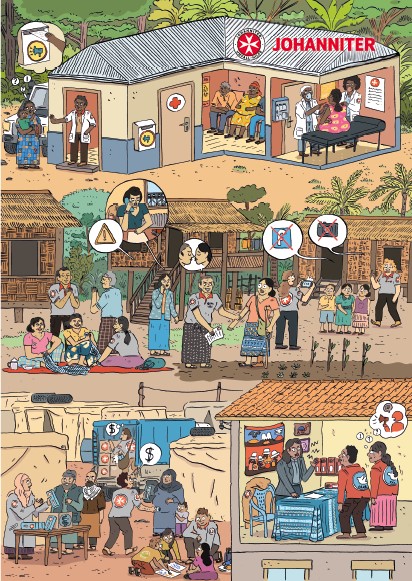
"Everyone is responsible for the implementation"
To ensure that the guidelines are actually applied in day-to-day work and that each and every employee internalizes them, they are explained and discussed together in workshops in the project countries. While this was often only possible online in previous years, it is now possible to hold face-to-face events on the topic. For example, in Mozambique, where almost thirty participants met for a safeguarding workshop lasting several days. "The exchange with employees and partner organizations opened our eyes to how the measures can be implemented in the local context of Mozambique," says Samuel Mandiwana, who led the workshop. One participant added: "The training made us realize that the safeguarding measures affect all our work, from hiring new staff to evaluating our project activities. We now know that everyone is responsible for implementing the safeguarding requirements. This will help to ensure that Johanniter's projects in Mozambique are safe places for everyone."
Film: These are our Safeguarding rules

For subtitles in other languages please click on the wheel and choose the language.
Simply report violations
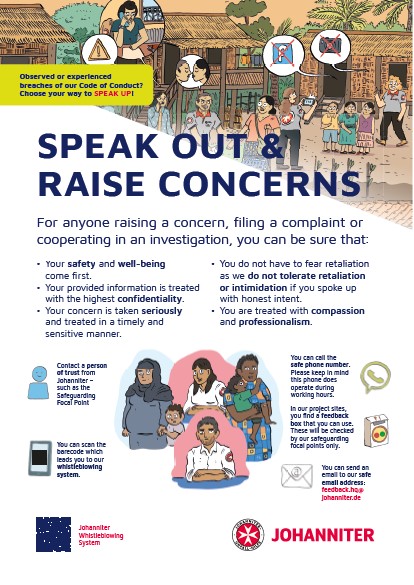
It is also important for the successful implementation of the guidelines that everyone has the opportunity to report breaches of the code of conduct anonymously and without any major hurdles. To this end, Johanniter has set up an online portal for whistleblowers in five languages. Alternatively, whistleblowers can send their suspicions or complaints to a dedicated email address or contact an external ombudsman. Reported violations are then processed by a compliance team that acts independently, professionally and confidentially. Suspicious cases are first carefully examined so that action can be taken if necessary.
So a big step has already been taken. But the work for the Johanniter Safeguarding specialists does not end there. "We want to develop an overarching framework that serves as a guide and guideline for our safeguarding concept. To this end, we continue to work closely with all teams in our project countries to embed the safeguarding culture throughout the organization. In this way, we can comprehensively fulfill our duty of care and protect everyone in the environment of our projects from harm," summarizes Safeguarding Advisor Claudia Zehl.
